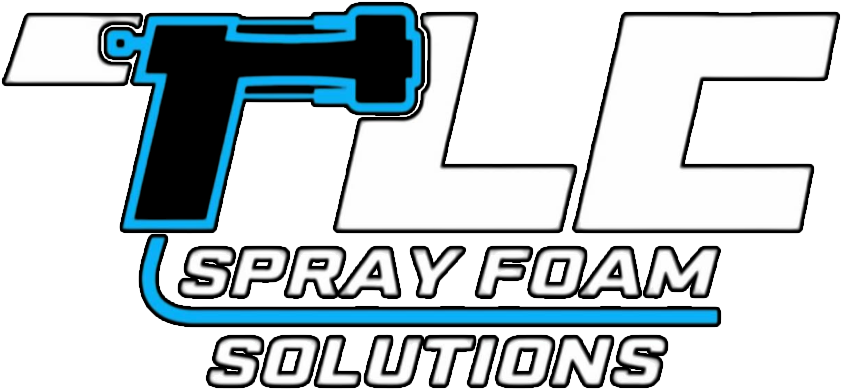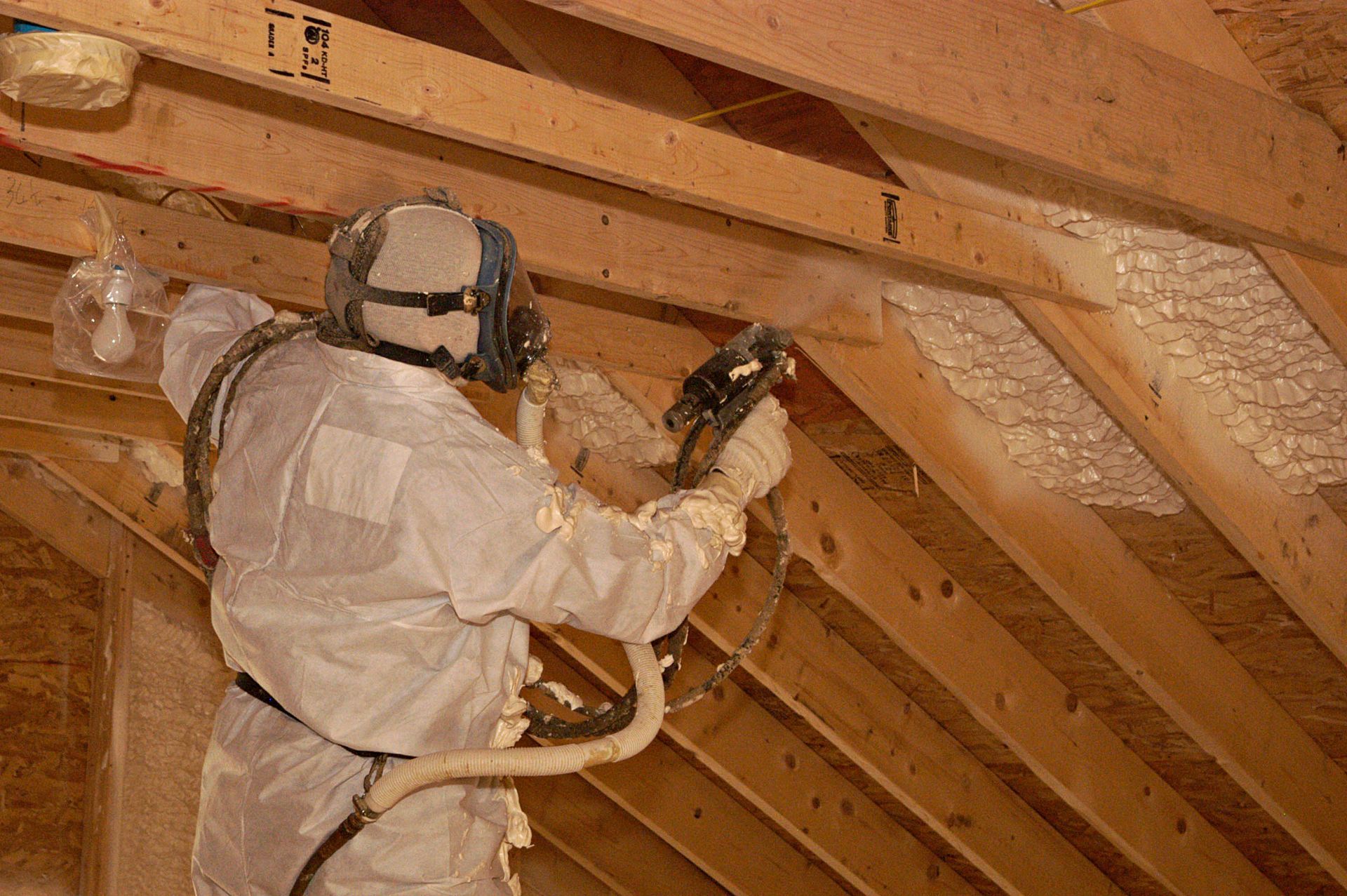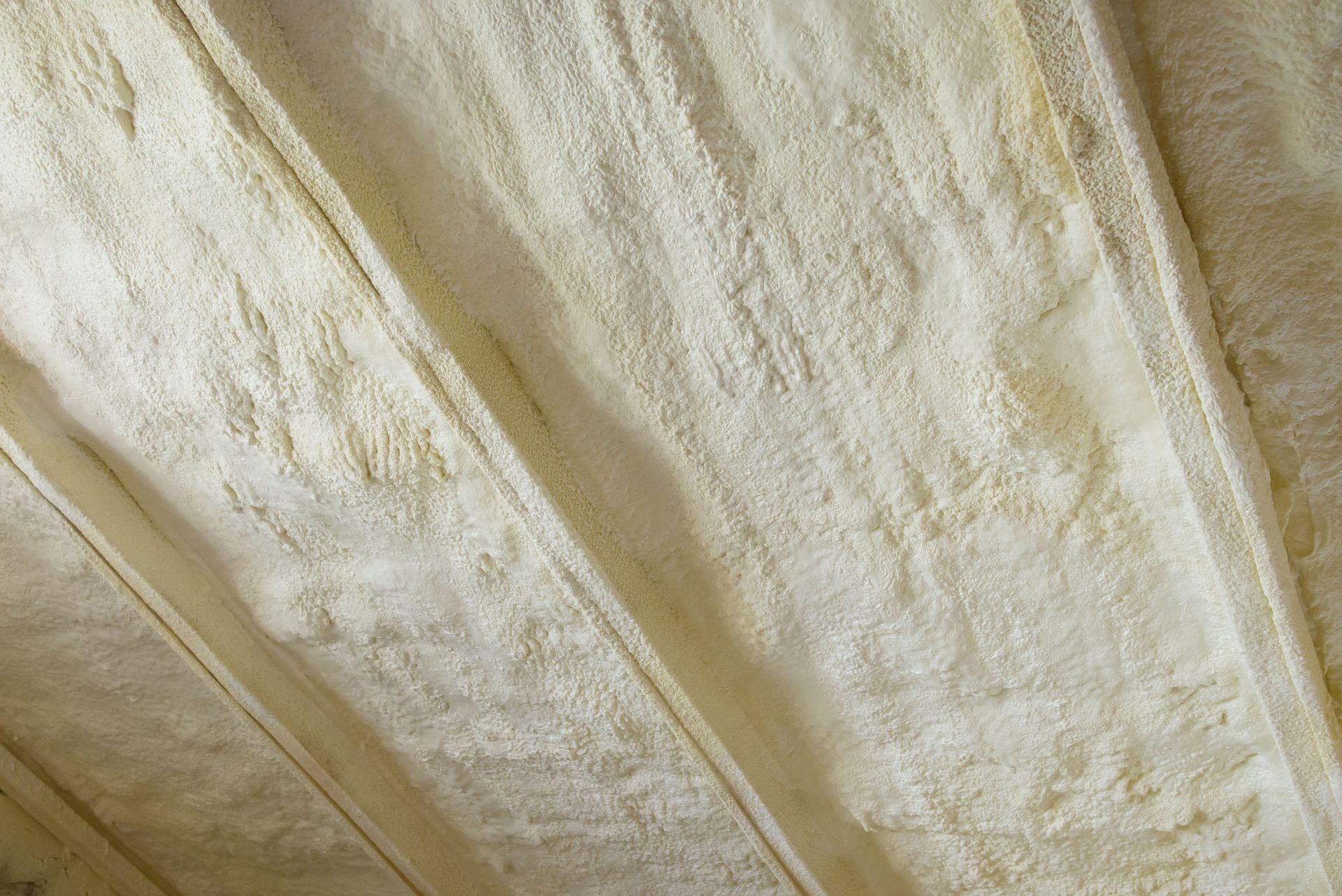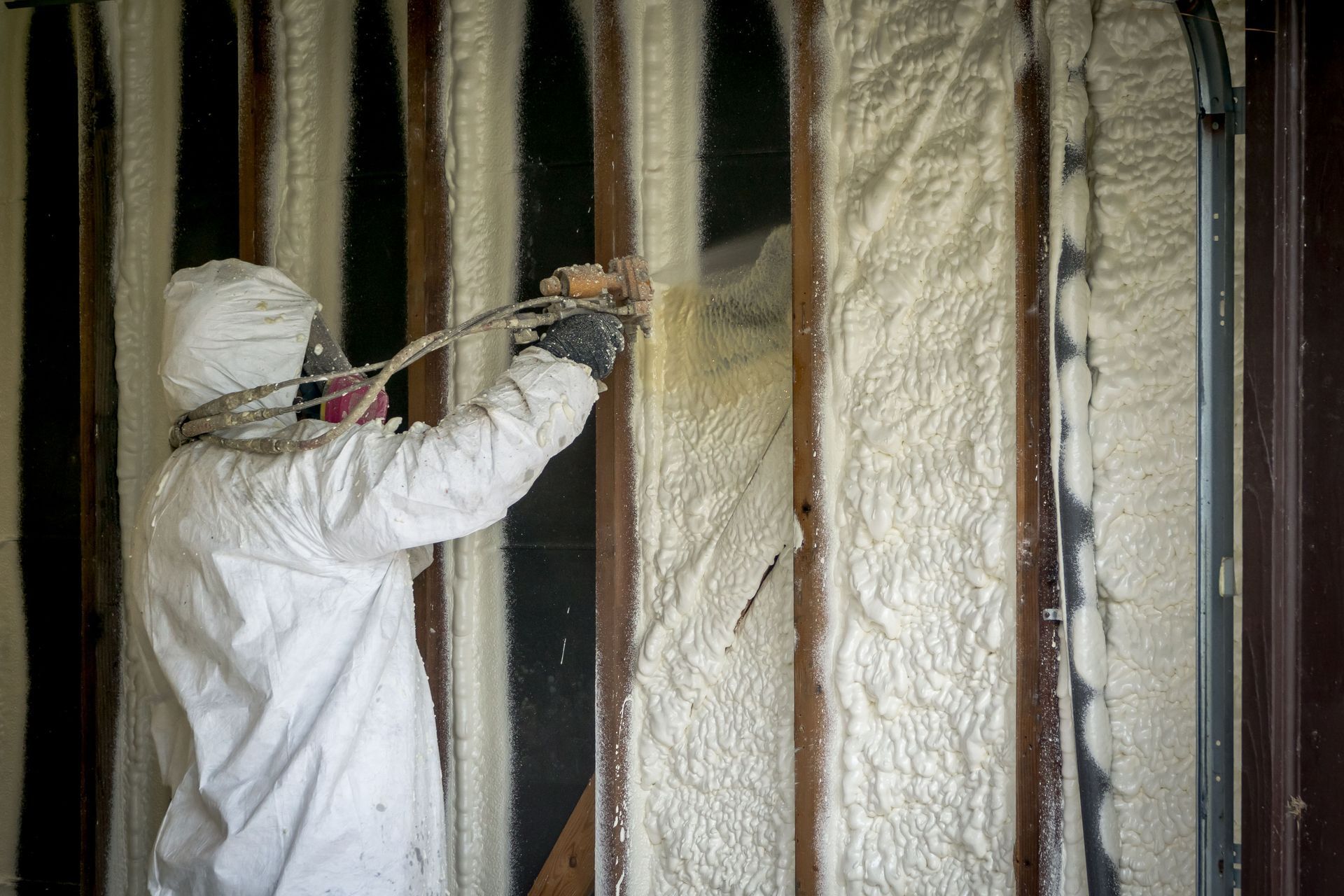Spray Foam Insulation Contractor: 7 Vetting Questions to Avoid DIY Disasters
When it comes to home insulation, spray foam is a highly effective solution, offering both energy efficiency and long-term durability. However, for many homeowners, the process of choosing the right spray foam insulation contractor can feel daunting. With so many contractors out there, how can you be sure you're hiring the right one for your project? In this post, we'll guide you through seven essential vetting questions that can help you avoid DIY disasters and make sure that you choose a reputable, experienced professional.
1. What Experience Do You Have as a Spray Foam Insulation Contractor?
Experience is a crucial factor when hiring any professional, but it's especially important when it comes to insulation. Spray foam insulation requires precision and knowledge to apply effectively, and contractors with more experience are less likely to make mistakes that could lead to inefficiency or damage. A seasoned spray foam insulation contractor will have a well-established process for evaluating your home, selecting the right foam type, and making sure that the application is smooth and even. Ask the contractor for details about how long they've been in business, how many homes they've insulated, and if they can provide any case studies or references. Additionally, inquire if they've handled jobs of your home's size or complexity before. Experience helps contractors anticipate challenges, make adjustments in real-time, and ultimately do a good job.
2. How Do You Approach Home Insulation Assessments?
A spray foam insulation contractor should never apply foam without first conducting a thorough assessment of your home's needs. This process is essential to determine how much spray foam is required and where it should be applied. Your contractor should perform a comprehensive inspection of areas such as attics, walls, floors, and crawl spaces. Ask the contractor how they assess the insulation requirements of your home. Do they measure the space? Are they checking for existing insulation issues like air leaks, moisture problems, or thermal inconsistencies? With a well-planned assessment, you can receive an accurate quote and make sure that the insulation applied addresses your specific needs. Some contractors may use thermal imaging or other advanced technology to identify gaps in insulation and pinpoint problem areas. These high-tech tools can significantly improve the accuracy of the assessment and make sure that your insulation is applied in the right places for maximum efficiency.
3. Can You Provide References and Testimonials?
One of the best ways to evaluate a contractor's ability to meet your needs is to speak with their past clients. A reputable spray foam insulation contractor should be willing and able to provide several references or testimonials from previous customers. Ask these references about their experience with the contractor, the quality of the work, and whether they would recommend them. You should also consider searching online reviews. Be sure to ask references if the project met their expectations and if the contractor provided the results promised in the contract.
4. Do You Use High-Quality Materials and Products?
Not all spray foam insulation products are created equal. Some may be more affordable, but they might not offer the long-term benefits that high-quality products provide. When vetting a spray foam insulation contractor, ask about the brands and types of spray foam they use. The right contractor will only use products that are energy-efficient, durable, and safe for your home. According to American Chemistry, a home insulated with spray foam can save roughly 5,600 kilowatt-hours of energy annually, cutting CO2 emissions by about 1,556 kilograms, which is equivalent to roughly one-third of a car's yearly emissions. This energy savings comes from the superior thermal resistance of high-quality spray foam, which effectively reduces heating and cooling costs. Be sure to ask the contractor what specific product they use and if it meets the highest industry standards for insulation performance and safety.
5. How Do You Handle Cleanup and Disposal?
Spray foam insulation can be a messy process, especially if not applied carefully. Once the foam expands, it can spread into areas you don't want it to reach. A professional spray foam insulation contractor should have a well-established procedure for minimizing this mess. Additionally, ask about their cleanup and disposal practices. Proper disposal of excess materials and any waste is vital for environmental reasons. Ask if the contractor uses eco-friendly disposal methods and leaves your home clean after the job is done. The last thing you want is to deal with foam residue that could be difficult or costly to remove after the job is finished.
6. What Is Your Process for Estimating Costs?
When vetting a spray foam insulation contractor, it's essential to ask about how they estimate the costs of your project. The price of spray foam insulation can vary depending on the square footage of your home, the complexity of the job, and the type of spray foam used. The right contractor should offer a detailed, written estimate that breaks down all the costs involved, including labor, materials, and any additional services. Be cautious if a contractor gives you a vague estimate without fully explaining what is included. The most transparent contractors will offer a comprehensive, itemized breakdown so that you understand where your money is going. This will help you avoid any unexpected charges later on and give you peace of mind about the costs involved. Also, make sure that the estimate includes the specific type of foam that will be used. Different types of spray foam can vary in price, so it's important to know what you're paying for upfront.
7. What Is Your Safety Protocol During Installation?
Safety should always be a priority when hiring any contractor, especially when it involves potentially hazardous materials like spray foam insulation. Spray foam chemicals can be toxic if not applied properly, and improper installation could pose serious risks to both your home and the health of those living there. Ask your spray foam insulation contractor about the safety measures they take during installation. Do they use protective gear such as respirators, gloves, and goggles? Are they aware of the proper ventilation requirements during the application process? A professional contractor will have strict safety protocols in place to make sure that both their crew and your family are protected from any harmful exposure. Additionally, check that the contractor complies with local building codes and safety standards, which may include specific regulations for working with spray foam products. A contractor who prioritizes safety will also provide a thorough walkthrough of the project before work begins, explaining the precautions they will take and how long it will take for the foam to fully cure and become safe to occupy.
Hiring the right spray foam insulation contractor is crucial to the success of your home insulation project. By asking the right vetting questions, you can avoid common pitfalls and ensure that the job is done correctly the first time. Remember to ask about the contractor's experience, references, materials, cleanup process, and warranty options. With the proper insulation, you can expect substantial long-term energy savings and a more comfortable living environment. As mentioned, a properly insulated home can save about 5,600 kilowatt-hours of energy annually, significantly reducing your carbon footprint. By choosing a qualified spray foam insulation contractor, you can receive these benefits while avoiding DIY disasters and costly mistakes. By following these essential vetting questions, you can feel confident that your home insulation will be done safely, efficiently, and to the highest standards. Contact TLC Spray Foam Solutions LLC today to get started with our services!





Share On: